
What to Wear (and What Not to Wear) to a Job Interview:
A Style Guide for Direct Hire and Contract Candidates
Your resume may get you in the door, but your appearance sets the tone before you ever speak.
Whether you’re interviewing for a long-term direct hire role or a fast-moving contract position, what you wear tells employers how seriously you take the opportunity. It signals whether you understand the company culture and whether you're prepared to represent their brand.
At US Enhanced Personnel, we don’t believe in cookie-cutter advice, but we do believe in preparation. So here’s your interview wardrobe guide, tailored for both direct hire and contract candidates.
For Direct Hire Interviews: Dress Like You’re Here to Stay
A direct hire position isn’t just a job. It’s an invitation to become part of a team, a culture, and a long-term mission. Your wardrobe should reflect that level of intent.
What to wear:
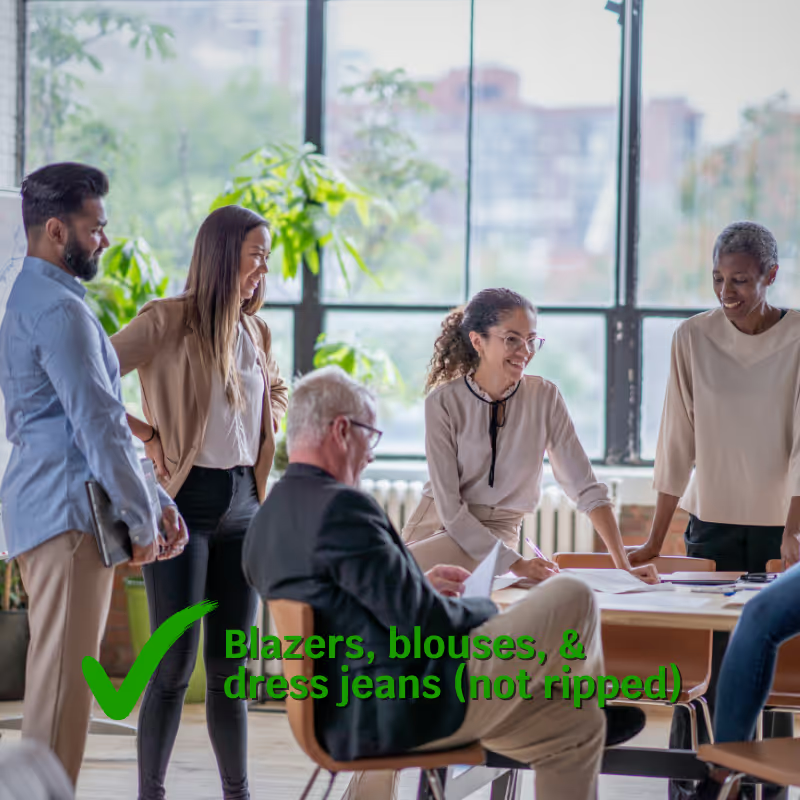
What NOT to wear:
Once you’re hired and your employer knows you, you can always ask your new boss’ permission to wear any of the above, just don’t risk it in the interview.
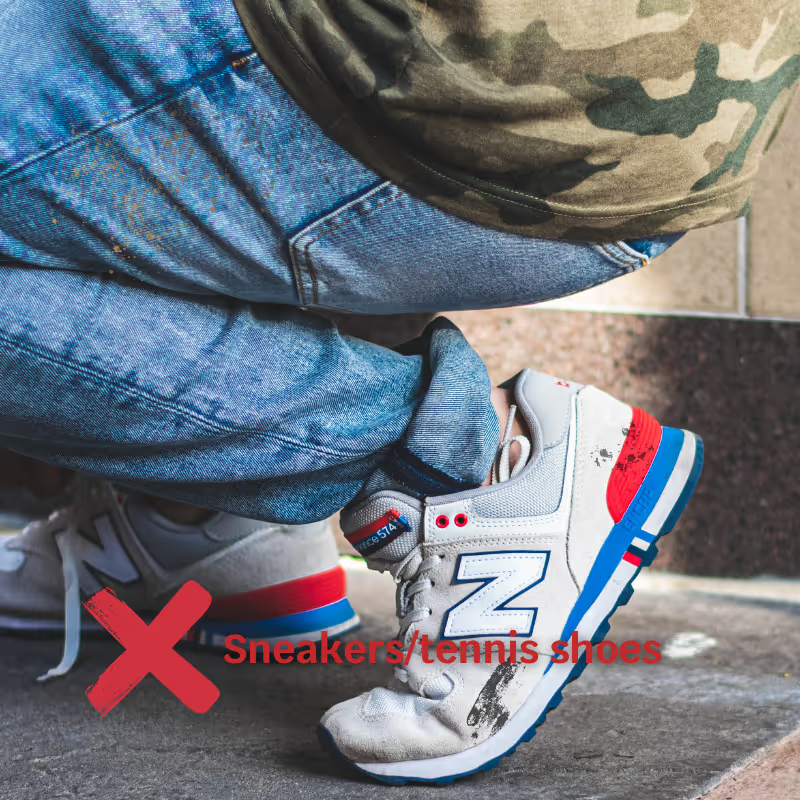
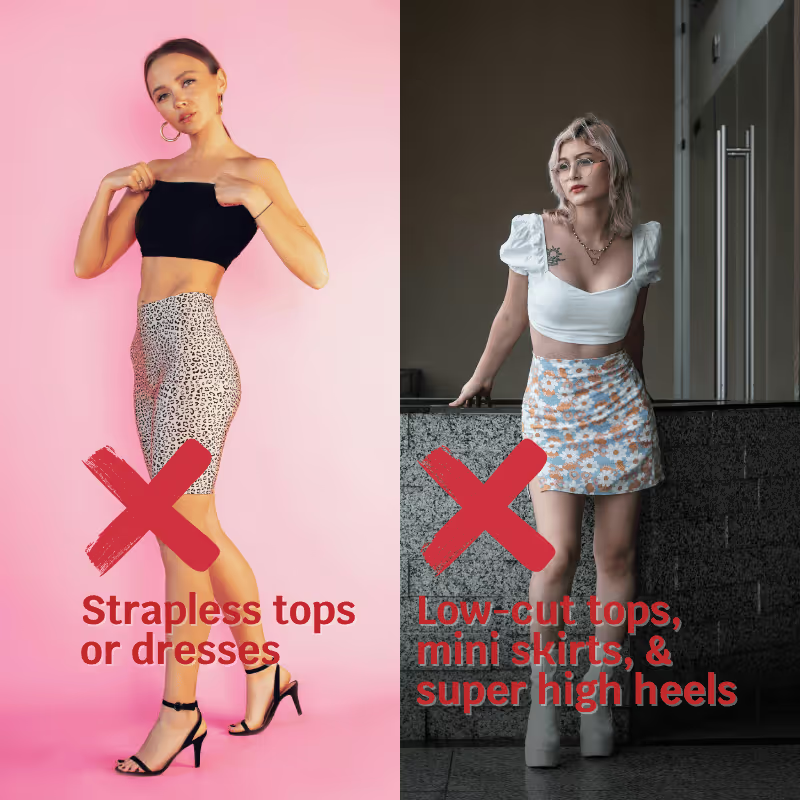
For Contract Interviews: You’re Temporary, But Your Impact Isn’t
Contract roles often fill urgent needs, so your interview attire should communicate readiness. Companies want to know you can integrate quickly and represent their brand well—even if the project is short-term.
What to wear:
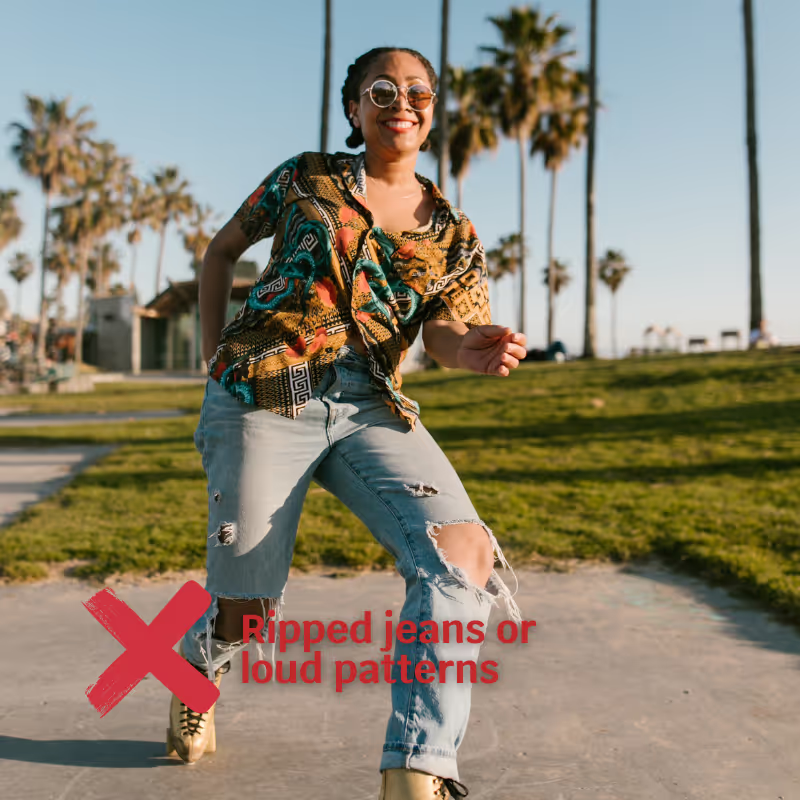
What not to wear:
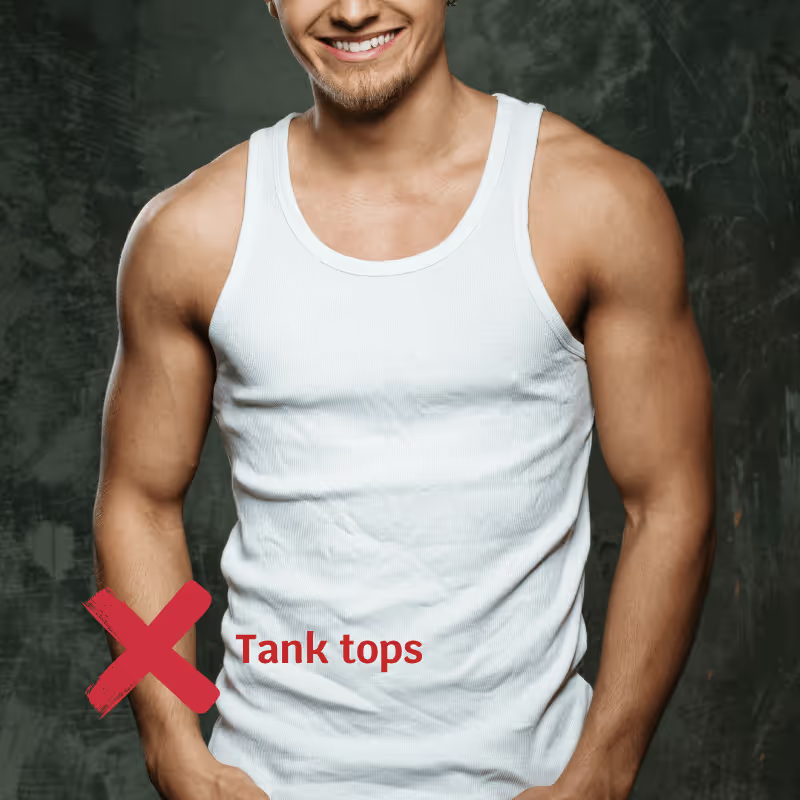
One Last Rule: Ask If You’re Unsure
Hiring managers appreciate when candidates take the time to align with company expectations. If you’re unclear on the dress code, ask your recruiter. At US Enhanced Personnel, we always prep candidates with this kind of detail—because cultural fit starts well before your first day.
The Bottom Line
Interview attire doesn’t need to be expensive. It needs to be intentional.
When you dress appropriately, you show that you respect the opportunity and the people offering it. Whether you’re interviewing for a six-month contract or a permanent role, your appearance should reflect the value you’re ready to bring.
Your skillset may be the main act—but how you show up sets the stage.
Need help prepping for your next interview?
We’re here to coach, guide, and get you hired. Contact US Enhanced Personnel to connect with a recruiter or explore our latest openings.
You may be interested in some of these articles.